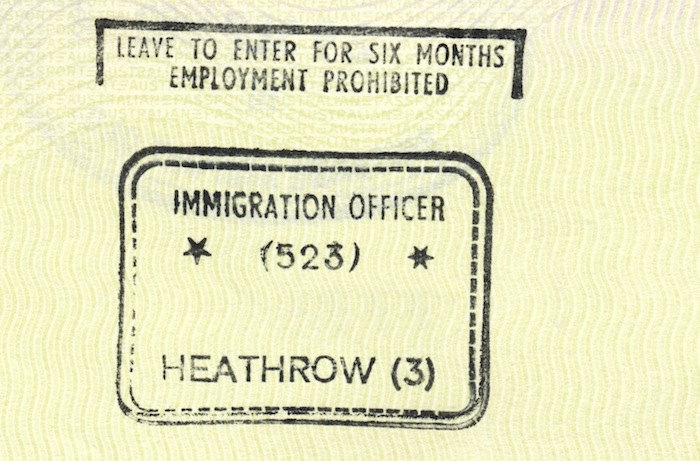The European Court of Human Rights (ECtHR) last week delivered a landmark judgment in VCL and AN v The United Kingdom highlighting the State’s responsibility in the early identification and non-punishment of human trafficking victims.
The case concerned VCL and AN, two teenage Vietnamese nationals, prosecuted and convicted in 2009 of drug-related offences after their discovery in cannabis farms. This was despite there being strong evidence of them being victims of child trafficking. Both appealed their charges, out of time, claiming among other things, that as victims of human trafficking they should not have been prosecuted. On 20 February 2012, the Court of Appeal found that victims of trafficking did not automatically acquire immunity from prosecution and disputed that the UK could provide for the possibility of non-punishment in such cases, and in line with international law. Leave to appeal to the Supreme Court was refused.
The applicants lodged their cases at the ECtHR on 12 November 2012 arguing that their prosecution and convictions breached Articles 4 (prohibition of slavery and forced labour) and 6 (right to a fair trial) of the Convention. In short, that there had been a failure on the part of the authorities to conduct an adequate investigation of whether they had been victims of trafficking, and which then led to a failure to protect them and ensure the fairness of their trial.
The AIRE Centre together with Counsel represented AN before the ECtHR which found in its judgment that the applicant was ‘deprived of the protection to which he was entitled as a victim of trafficking on account of the failure by the police, prosecutors and judiciary to identify him as such prior to his criminal conviction’ (para. 110). Specifically, the relevant UK authorities overlooked the fact that at the time of their arrest both applicant’s fitted a common trafficking victim profile, as Vietnamese minors exploited for cannabis production.
Both the Association of Chief Police Officers (“ACPO”) and the CPS have issued guidance on the treatment of children found in such criminal enterprises to ensure that no child was brought before the Courts where the crime committed was a direct result of trafficking. However, the lack of early identification in this case raises issues of systematic procedural negligence on behalf of the relevant State agents. The UK has a positive obligation to provide a sufficient legislative and administrative framework, alongside creating operational and investigative frameworks to protect trafficking victims.
As a result of this judgment the UK should now consider adopting a more safeguarding-led process. The police and CPS were found to have violated Article 4 by, failing to include child protection experts and social services in the initial assessment of the case in addition to other omissions. Additionally, the relevant authorities had failed to follow ACPO’s guidance in identifying trafficking victims “for their involvement in unlawful activities to the extent that they were compelled to do so” (para113). Instead they had proceeded to conclusions ignoring evidence, indicators of trafficking and the relevant applicable law.
UK authorities in such future situations must focus on early identification of actual and potential trafficking victims in line with their positive obligations under domestic and European law. This might be through providing extensive, expert-led relevant training to frontline police officers who are the most likely to first encounter potential human trafficking victims. This would go some way to ensuring that no trafficked individual, especially a child, will have to face disproportionate and unfair criminal charges in the future.







